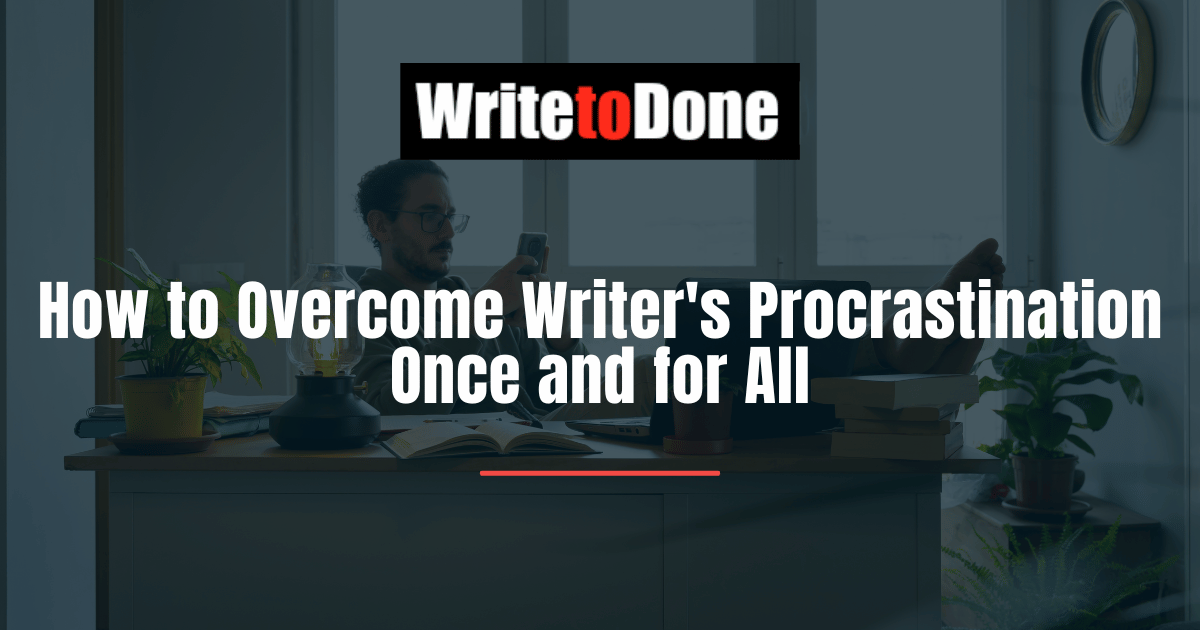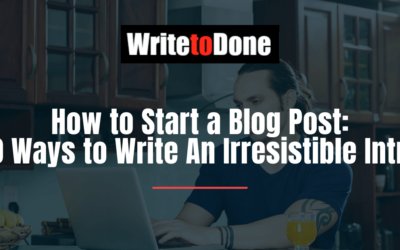Can we please eliminate the word procrastination from our vocabulary? No one ever feels better or more alive by labeling themselves as a procrastinator.
Some words flow off the tongue like mellifluous or resplendent, but procrastinate? Yech! Other words reveal a treasure in their origin. Inspiration has its root in “to breathe” and happiness means good fortune. But procrastination? It comes from the Latin meaning to put off until tomorrow. No revelation there.
Yet, as writers, most of us procrastinate, and it’s not a positive experience. We find checking email for the millionth time way more compelling than working on that piece that has a deadline coming up. Then we judge ourselves for our lack of focus. Frustration, feeling stuck – this is not a happy road to travel.
Does this scenario sound familiar? Then let’s find our way out of the struggle. We begin by putting on our explorer hats, the ones with the spotlight on the forehead, so we can see what we are actually dealing with.
What is Procrastination?
To say you are procrastinating means that you are living smack in the middle of the land of “should.” And when has a “should” ever served anyone? In essence, you are saying, “I’m doing this right now, when I should be doing that.” You are putting yourself down and rejecting this moment as not good enough.
When you have convinced yourself that another action is better than the one you are taking, two sides within you have taken up arms, and the resulting inner conflict is depleting and depressing. No wonder you shut down and go into brain fog. Who wants to fight a losing battle?
Can we learn to be kinder toward ourselves? We might find that as the dust settles, our actions become focused, efficient, and even joyful.
How Procrastination Works
What we call procrastination is all about avoiding. With good intention and high hopes, you begin working on a project. But before you know it, you are busily researching some fascinating tidbit or preparing a tasty snack. How did that happen?
You can discover the answer by rewinding and playing the scene back in slow motion. What you would notice is that you are prone to procrastination when what you are working on:
- Seems boring or unexciting,
- Triggers fears – of rejection, of not being capable, of not being perfect, or
- Activates a pattern of self-denigrating thoughts – I can’t, I’m no good, this sucks.
See how becoming aware is empowering? Once you learn to manage the thoughts and feelings that fuel procrastination, they stop sabotaging you. Then the choice is yours – writing or some other activity. No stress, no angst.
Familiarize yourself with each of these reactions and practice the tools that address them. Procrastination will no longer be your nemesis.
Boredom
Boredom can be sneaky, as you might have noticed. There is no neon sign that flashes, “I’m bored.” Rather, our focus slowly drifts away, and we find ourselves disengaged with the task at hand.
The fix: The antidote to boredom is involvement. If you realize you are procrastinating because you are bored, try these:
- Reconnect with your excitement about the project you are working on.
- Work on something else that engages you more.
- Take a break by doing something pleasurable, then take that sense of pleasure back to your project.
- Move your energy by walking or stretching.
- Consider modifying the project in some way so it brings you joy.
- Remember why you are writing – to help, entertain, or move people – and keep that reason foremost in your mind.
Fear
Unexamined fear virtually guarantees that you will procrastinate. Until you experience the benefits of befriending fear, you will resist feeling it. And what better way to avoid fear than to slip off into mindless and harmful activities.
Yet, writers feel afraid. If you want to stay alive and engaged in your work, get serious about dealing with fear.
The fix: There is no substitute for becoming familiar with the way fear arises in you. Awareness always equals empowerment.
- Be curious and compassionate in your approach to fear.
- Turn your attention toward the fear. Lean into it. Discover the direct experience of it in your body and your thoughts.
- Recognize that fear is not the enemy – it’s a natural human emotion.
- Ask the fear what it wants and needs. It may be trying to tell you something you’ve been ignoring.
- Find the wise place inside you that is not affected by fear, and move from there.
Limiting Thoughts
Contracted beliefs about ourselves and our abilities drop like a sledgehammer to squelch our enthusiasm. If this mental habit revs up in the midst of writing, no wonder you have a hard time staying focused.
The fix: We tend to assume our automatic thoughts are true without investigating them. Are they?
- Question each thought to determine if it is true or not. (Hint: It isn’t.)
- Notice how negative thoughts affect your body, mind, and emotions.
- See if the thoughts are serving you.
- Take a couple of deep breaths to help the thoughts move through you.
- Bring compassion to the place in you that gives rise to these thoughts.
- Reconnect with your true intention that is not colored by habitual thinking.
Guess what? Procrastinating has just become an opportunity. Each time you lose your focus, check in with yourself. Are you bored, afraid, or consumed by negative thinking? Once you understand the source of procrastination, apply the right tool for the job. Your conflict and resistance will diminish, leaving you fresh, energized, and ready to write again.
How about you? What fuels procrastination in you? What strategies have you found to be useful in dealing with it?

















